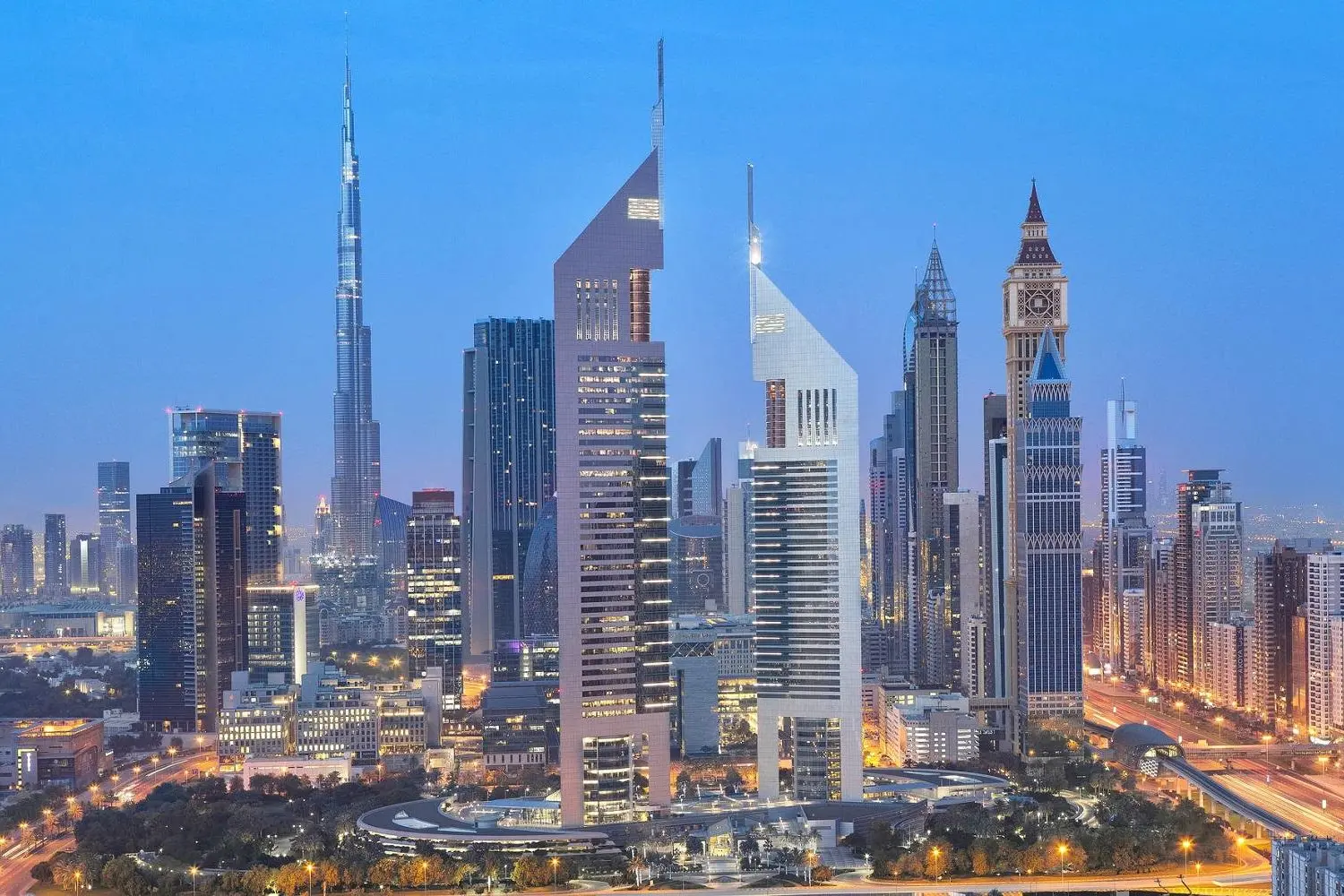PHOTO
The UAE construction industry is unlikely to see slowdown next year after the imposition of VAT with some developers likely to absorb some portion of VAT cost, according to industry executives and analysts.
"I don't think value-added tax (VAT) is going to affect construction industry. It's going to go the same way because this is something people will get used to it and accept it. I don't see any reasons for construction industry going to slow down," said Anis Sajan, managing director, Danube Group.
He said developers would also adjust prices in such a way where all the burden doesn't go to the end-users.
Set to be implemented at 5 per cent in the UAE, the Federal Tax Authority (FTA) earlier said that the first supply of residential property will be zero rated - meaning that input costs can be reclaimed - for the first three years following its construction. After this time, it will be exempt from VAT, but owners will no longer be able to reclaim input costs. If a residential unit is sold even within the first three years, any subsequent sales or rentals will be exempt, but will no longer be zero-rated.
FTA said that all commercial buildings - including hotels, shops and offices - are subject to VAT at the standard rate of 5 per cent, but that owners will generally be able to recover VAT on expenses related to the supply of the building.
"For us, the biggest advantage is we import all buildings material products, not depending on any trading company. Hence, we have an outright edge on others. While others are buying from someone else, so their mark-up goes up. We will reduce the mark-up a little bit for the end-users, ensuring not to affect the customers. We'll try to absorb half of VAT cost and pass on half to the end-users," he said.
Sajan was speaking on the sidelines of The Big 5 exhibition which opened at the Dubai International Convention and Exhibition Centre on Sunday. Sheikh Ahmed bin Saeed Al Maktoum, President of the Dubai Civil Aviation Authority, and CEO and Chairman of the Emirates Group, inaugurated the four-day exhibition which hosts over 2,500 exhibitors from 60 countries this year.
Avin Gidwani, CEO of BNC Network, which compiles project research in the UAE and Mena region, also see no significant impact of VAT on the industry.
"People are saying market is down. On the contrary, there are a lot of contracts that are happening. In post-VAT period, I don't see any major changes happening in the market and business will go as usual. Our outlook for 2018 is optimistic," said Gidwani.
He noted that there is a lot of competition in the construction material supplier market and contracts are being renegotiated and suppliers are absorbing the costs.
"All the suppliers are under pressure because there is so much competition in the market. In order to get business, they are selling at the best price which ideally they would not have done it in the past few years which they are now doing," he added.
Expecting nominal growth in terms of the number of contracts to be awarded for the next year, BNC Network forecasts seven per cent growth in the number of contracts for the buildings, reaching nearly $30 billion in 2018 as against $28 billion this year.
It forecasts that there are 22,680 active construction projects in the GCC with an exceeded value of $2.43 trillion (Dh8.91 trillion) in November 2017.
Bharat Bhatia, CEO, steel manufacturing firm Conares, doesn't see much impact of VAT because the companies and end-users will get used to it as it is one of the lowest rates in the world.
One of the largest steel manufacturers in the world, Conares is investing $50 million (Dh183.5 million) in the expansion of the existing factory and addition of new facility for pre-painted coils.
According to Bhatia, the company's turnover has crossed Dh1 billion, registering 20 per cent increase sales in 2017 as compared to last year.
Reporting by Waheed Abbas
Copyright © 2017 Khaleej Times. All Rights Reserved. Provided by SyndiGate Media Inc. (Syndigate.info).





















